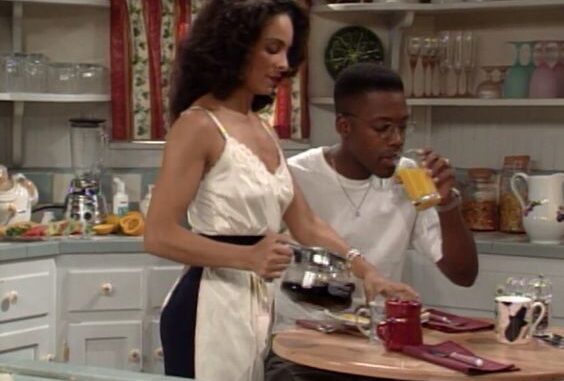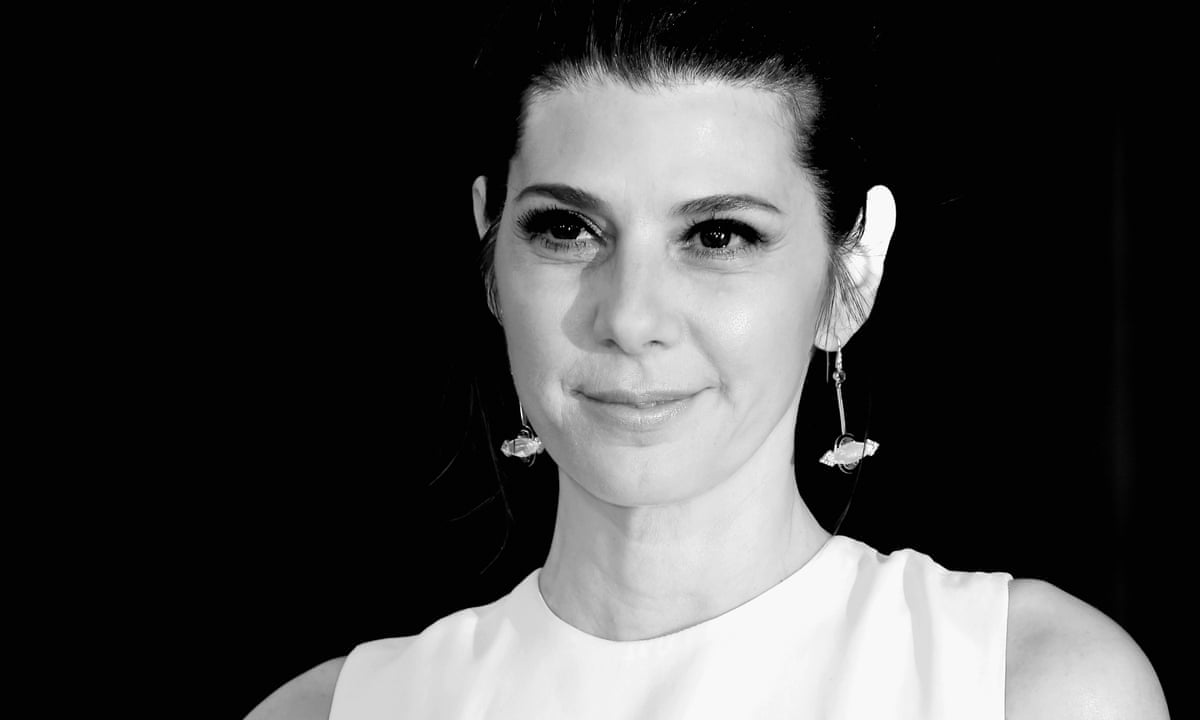
It was the urban legend that just wouldn’t die. Marisa Tomei’s Oscar for her charming, instantly iconic supporting turn in My Cousin Vinny was, for years, whispered to have been a mistake, the result of elderly presenter Jack Palance supposedly reading the name off the teleprompter instead of the envelope in his hand. It was so pervasive Tomei even joked about it when she hosted Saturday Night Live.
Now, thanks to Warren Beatty and Faye Dunaway, we know exactly what happens if the wrong winner is somehow announced—and that Tomei won fair and square. Which makes a rewatch of My Cousin Vinny all the more rewarding, as if that were even possible. The fish-out-of-water comedy, starring newly minted Oscar winner Joe Pesci as a Brooklyn lawyer defending a relative against murder charges in Alabama, was pretty standard studio fare for the era. But it happened to feature a lightning-in-a-bottle performance from newcomer Tomei, earning the film its sole Oscar nomination—and place in history.

On this week’s Little Gold Men podcast, Mike Hogan, Richard Lawson, Katey Rich, and Joanna Robinson look back at My Cousin Vinny and what happens when the Oscars embrace comedy—and why they should do it way more often. The episode also features two interviews! First, Hillary Busis talks to Julio Torres, the comedian and writer who had an outstanding and very busy 2019, with his stand-up special My Favorite Shapes, the HBO supernatural comedy Los Espookys, and more of his writing work on Saturday Night Live, which has already given the world classics like “The Actress” and “Wells for Boys.” And then! Joanna Robinson talks to Atticus Ross and Trent Reznor, the musicians who won an Oscar for their work on The Social Network and most recently provided the score for Watchmen, which they say is the first score they’ve done together that is “somewhat Nine Inch Nails related.”
Listen to this week’s show above, and find partial transcripts of both interviews below. You can subscribe to Little Gold Men on Apple Podcasts or anywhere else you get your podcasts, and follow us on Twitter too.
Julio Torres: Yeah, I personally oscillate between the two. I’ve surprised myself and have able to not be consumed by a 24-hour anxiety spiral. I’ve had a fairly productive time. That shouldn’t be taken as I’m in any way grateful that any of this has happened. I’m oddly right now at peace and I’m having a productive time. I think this situation—by the situation, I mean quarantine, not the pandemic, because it’s two very different worlds—but this ritual of not being able to leave has sort of awakened the part of me that enjoys monotony and thrives in within limits and has this sort of like monk-like day-to-day life, that I’ve sort of been at peace with.

Yeah, I do. I wake up, I have breakfast. I do a little home workout. I waste time on my phone for a few hours. Then I will start writing. Then I’ll eat, then I’ll keep writing. Then I’ll eat again, and then I’ll watch one movie. And then I’ll go to bed. And that’s every day.
That sounds about where most of us are at this point. What have the movies been recently?
Definitely a mixed bag. I think that my movie-a-day quarantine experience has solidified what I’ve known all along, which is that if the protagonist is an A.I., a hologram, a ghost, a robot, or like Pinocchio, I’m down. Those are the kinds of characters that capture my heart. So I’ve been trying to focus on movies that tell those stories. I was thinking there’s something about the immigrant experience that has a very ghost, A.I., Pinocchio, mermaid-learning-how-to-walk vibe to it. So I think maybe that’s why I connect to the otherness of them.
So when you were designing My Favorite Shapes, I have a chicken or egg question. Were you thinking of jokes and then finding stories that you wanted to tell and then finding objects and like matching them to them, or were you really just starting from a collection of things that you have or had seen and sort of spinning narratives based on them?

It was definitely an object-first exercise. The show came about because in my day-to-day life I would encounter optics that would make me laugh and I would think a lot about them and their inner life. This is sort of like a little thing that I’ve been doing since childhood. And then stand-up wasn’t really a good vehicle for that, or at least traditional stand-up, because look I tried to like hold up a little object, and then people can’t see it. So then I thought, is there a show where I can just tell the stories of these objects. And then of course the first thought would be to do like a PowerPoint, in the grand tradition of funny PowerPoints which many comedians do. There’s something that felt so artificial about that. And then suddenly I realized, Oh, I can just hook my iPhone to a projector and sort of use it as an overhead projector and show the objects and tell their their stories.
